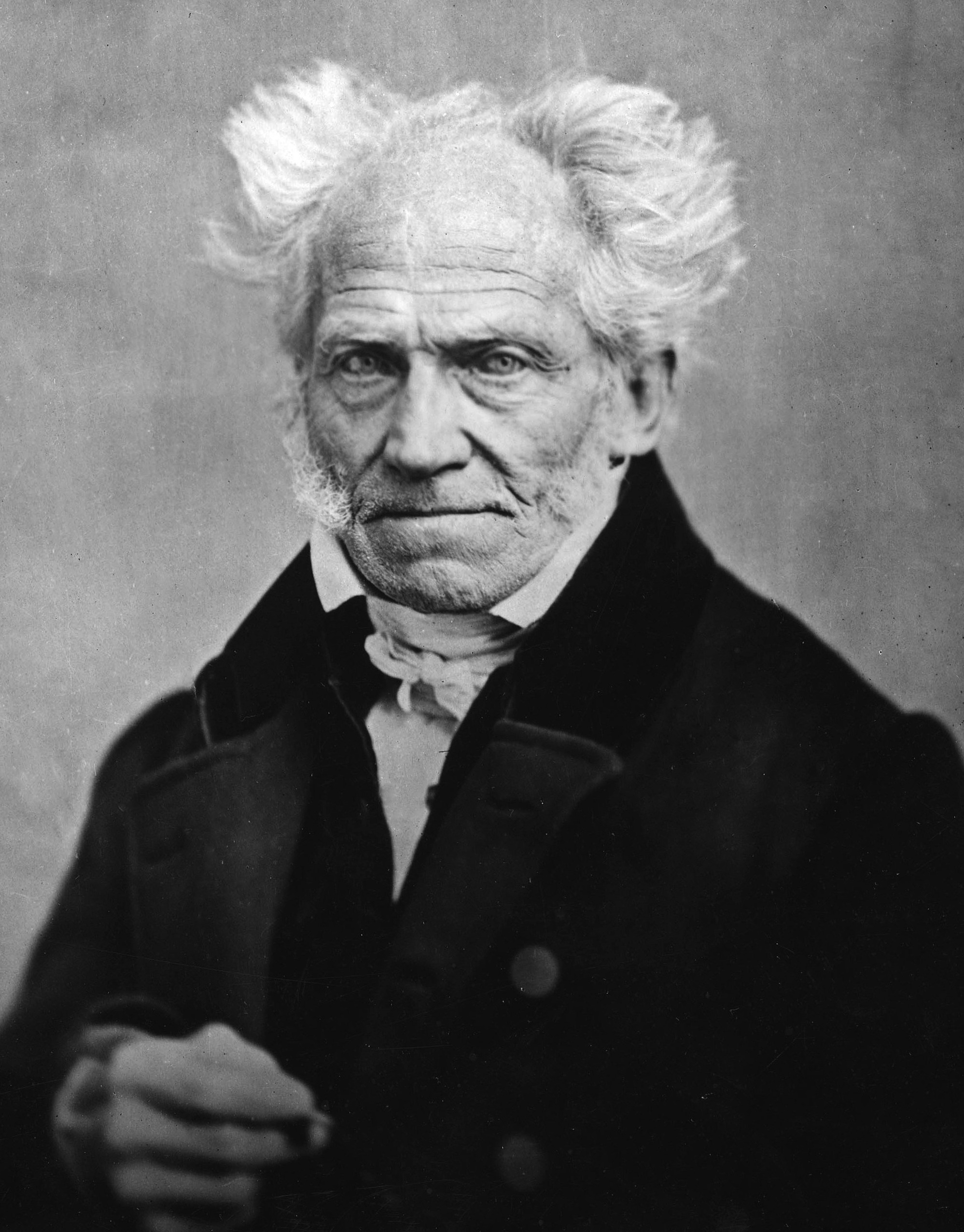Arthur Schopenhauer
 Arthur Schopenhauer ( , ; 22 February 1788 – 21 September 1860) was a German philosopher. He is known for his 1818 work ''The World as Will and Representation'' (expanded in 1844), which characterizes the phenomenal world as the manifestation of a blind and irrational noumenal will. Building on the transcendental idealism of Immanuel Kant (1724–1804), Schopenhauer developed an atheistic metaphysical and ethical system that rejected the contemporaneous ideas of German idealism.
Arthur Schopenhauer ( , ; 22 February 1788 – 21 September 1860) was a German philosopher. He is known for his 1818 work ''The World as Will and Representation'' (expanded in 1844), which characterizes the phenomenal world as the manifestation of a blind and irrational noumenal will. Building on the transcendental idealism of Immanuel Kant (1724–1804), Schopenhauer developed an atheistic metaphysical and ethical system that rejected the contemporaneous ideas of German idealism.Schopenhauer was among the first thinkers in Western philosophy to share and affirm significant tenets of Indian philosophy, such as asceticism, denial of the self, and the notion of the world-as-appearance. His work has been described as an exemplary manifestation of philosophical pessimism. Though his work failed to garner substantial attention during his lifetime, he had a posthumous impact across various disciplines, including philosophy, literature, and science. His writing on aesthetics, morality, and psychology have influenced many thinkers and artists. Provided by Wikipedia
1
2
3
4
5
6
8
10
11
12
13
14
15
16
17
18
19
20